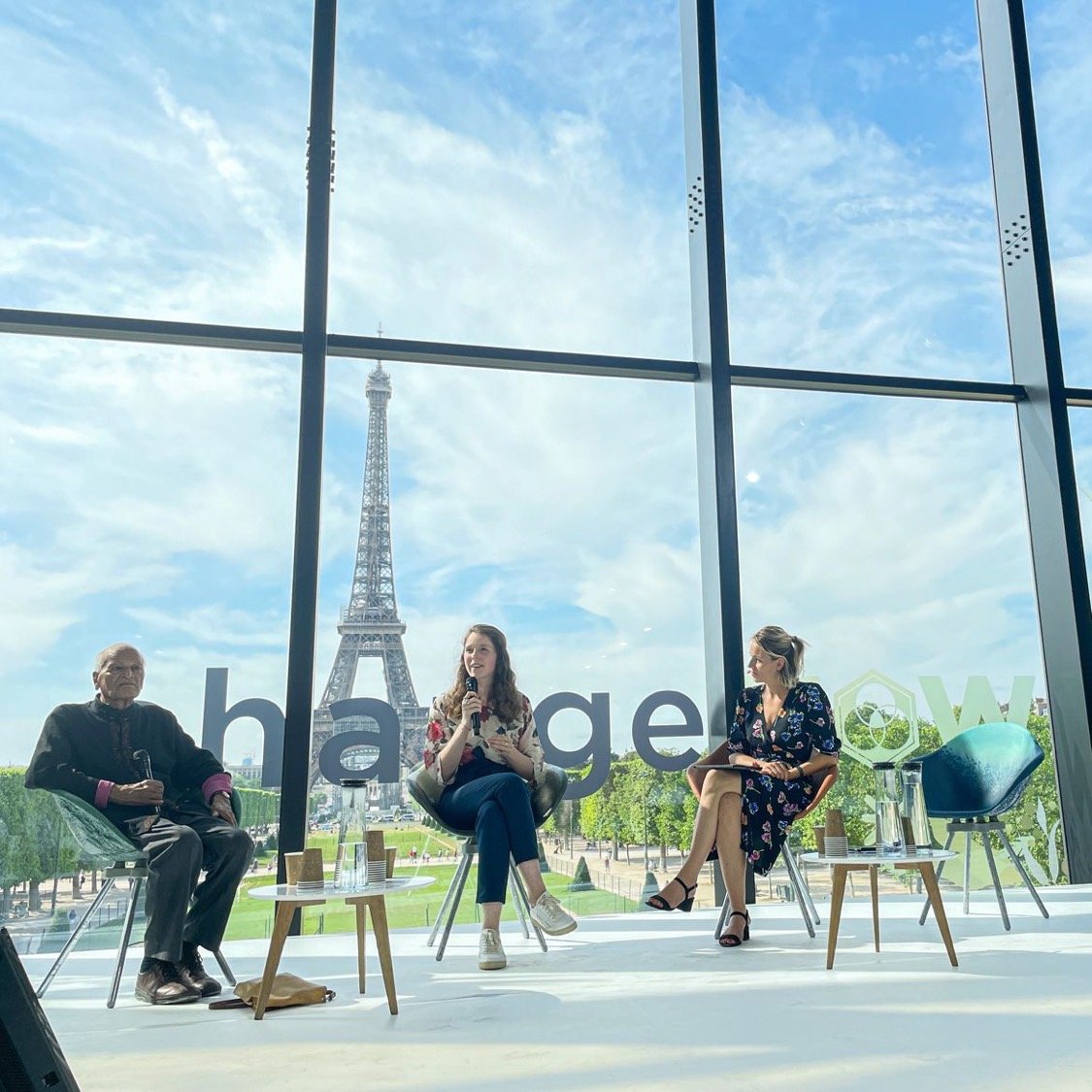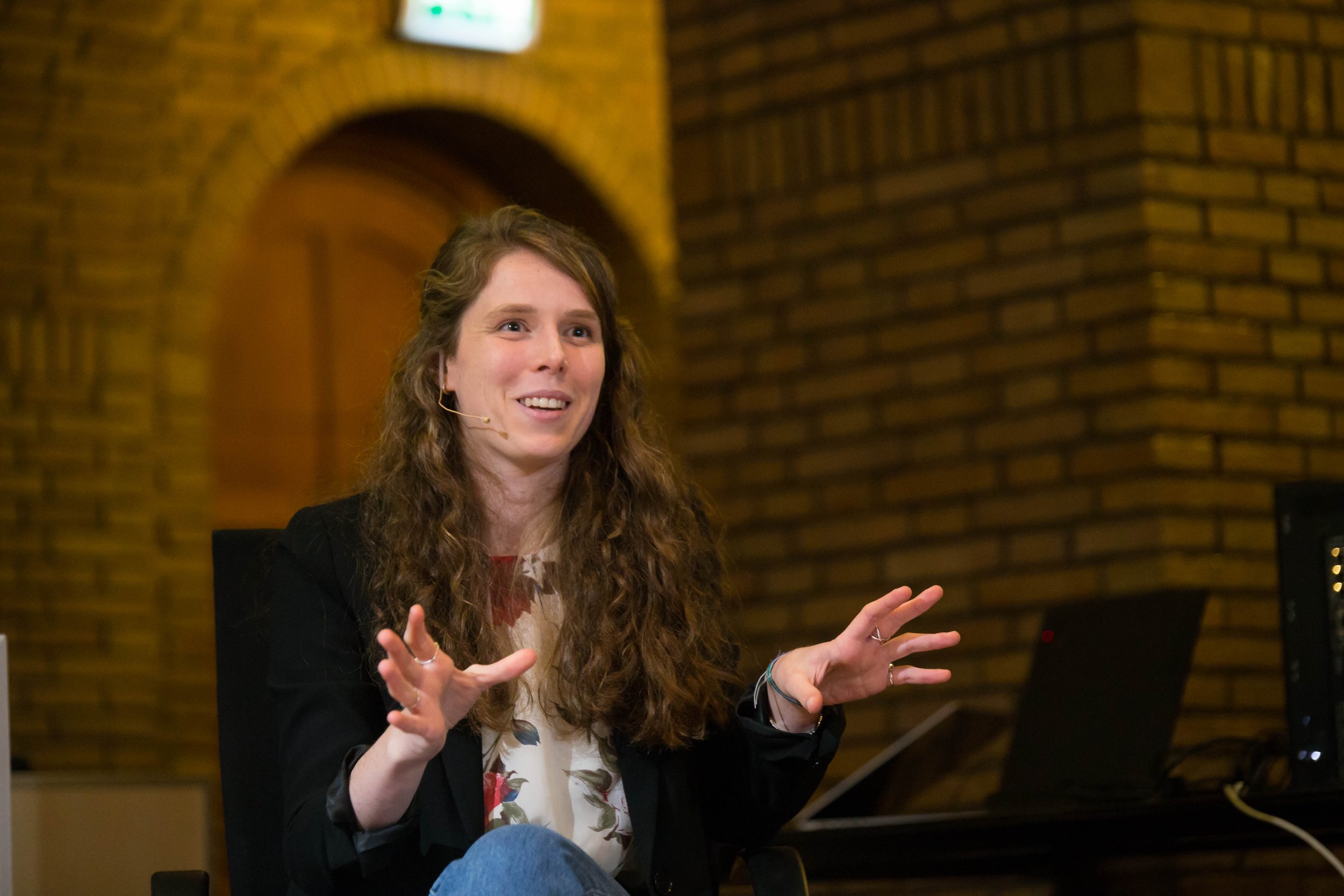Parayma - Paradigm shifts project
Context
Early 2017, I co-founded collaboratio helvetica, with the intention of catalysing systems change towards the Sustainable Development Goals (SDGs) in Switzerland. At the core of our work is the activation of an ecosystem of individuals and organisations that leverages cross-sector collaboration. Since then, we tested our assumptions, ran countless experiments and gained crucial insights around how social innovation towards this vision could be realised and what this type of work takes.
These insights were reflected in two major strategy revisions, one in 2019, and the other in 2021, as well as countless new tools, publications, and projects. Over time, the interest in our systems change work grew, and I began receiving invitations to consult and advise across the globe, and speak at events such as the Conference of Swiss Development Cooperation, the Swiss Conference of city mayors, the 01st of August celebration on the Rütli, TEDx and on global stages next to high level changemakers such as Nobel Prize winner Muhammad Yunus. My work was further recognised by institutions such as Forbes (30 under 30), UNEP, UNESCO, the Dalai Lama Foundation and the Swiss government. In parallel, I completed a MSt in social innovation, and focused my dissertation on Social Innovation Labs as a strategy for systems change.
Needs analysis
Almost 7 years later, I find myself at a crossroads in my path, and seeking ways to scale my impact. To establish this, I began with a needs assessment. Despite our collective efforts, systems change remains a poorly understood approach to social innovation. Continuing advocacy, especially towards decision-makers, is hence a key need to enable systems change leaders to do their work with less resistance. Additionally, efforts to increase the perceived legitimacy of this work are also invaluable. This includes articles in respected publications, awards and other stamps of approval for systems change leaders, and more.
Secondly, the stories of systems change work remain hard to access for larger audiences, and the strategies or concrete approaches are also mostly accessible to people who take certain trainings. After I give a talk, I always get many questions and the wish that the methodology I co-developed over the last 7 years would be readily available in the form of a book or online course. Same goes within academia, where a large gap between practice and academic discourse can be found. More research on systems change would both allow for more legitimacy of this work and contribute to closing that gap.
Lastly, systems change leaders receive very limited support. Typically, they also lack the funding to pay for specialised coaching or consulting. Hence, being able to take time to support such leaders without a high cost for them would be essential. The lack of funding for systems change also means that small contributions can at time make a great difference for changemakers on the ground.
After much consideration and receiving input from stakeholders from different sectors, I have come to the conclusion that the next phase of my life is best dedicated to scaling my systems change advocacy, research and knowledge sharing, rather than pursuing a career in established IOs, NGOs or the government. However, due to the innovative nature of this work, and the fact that the people who would most benefit from it (i.e. changemakers) do not have the funds to cover it, the realisation of this project is dependent on the support of visionary funders.
Project proposal
Hence, I propose to focus on three key areas:
Storytelling & advocacy
Research & knowledge sharing
Driving action
In the first area, my core contribution is to continue to raise awareness about systems change work, both amongst the general public and strategic stakeholders. This includes a continuation of the speeches and other public appearances, as well as new storytelling formats such as a podcast and video series, to fill the gap I have identified around making the stories from the field more accessible to a larger audience.
In the second area, I intend to pursue a PhD focused on systems change work, its strategies and challenges. Based on the excellent feedback given to my dissertation and subsequent conversations with different academic experts, the current plan is to write 3-4 different papers, establishing a systems change typology, studying the challenges of funding systems change, and focusing on specific strategies of this work. There is interest from different Swiss universities to host this research, and international experts from institutions such as Stanford University, MIT and University of Cambridge have confirmed their willingness to join an advisory committee. The intention of this PhD is both to increase our understanding of systems change work, but also its legitimacy. There is still a tremendous gap between practice and academia, and with my academic and practice-oriented publications I would contribute to closing it. Additionally, I intend to continue sharing insights via blog posts and the creation of different publications.
The third and final area of this project is focused on driving action. Access to the right information, inspiration and tools - which the first two areas cover - is only half of the equation. The second part required to really drive action, I found, is supporting people in applying the concepts to their topic and sector, and helping them overcome the obstacles they inevitably encounter. This can be addressed through direct coaching of change-makers, consulting/support and targeted capacity-building. Additionally, this project would allow me to identify new leverage points and finalise improved strategies to act on them. Currently, potential leverage points to explore include philanthropy (funding systems change) and policy/politics.
Overall, this project allows me to really dive into the topic of systems change without distractions or need to continuously fundraise, make the experiences and insights of the last seven years available to the people who need them the most, and scale my impact to a whole new level.
Next steps
I am currently developing this project in conversation with visionary philanthropists and partner organisations. If you would be keen to support or collaborate in some way, do reach out via the contact form!



